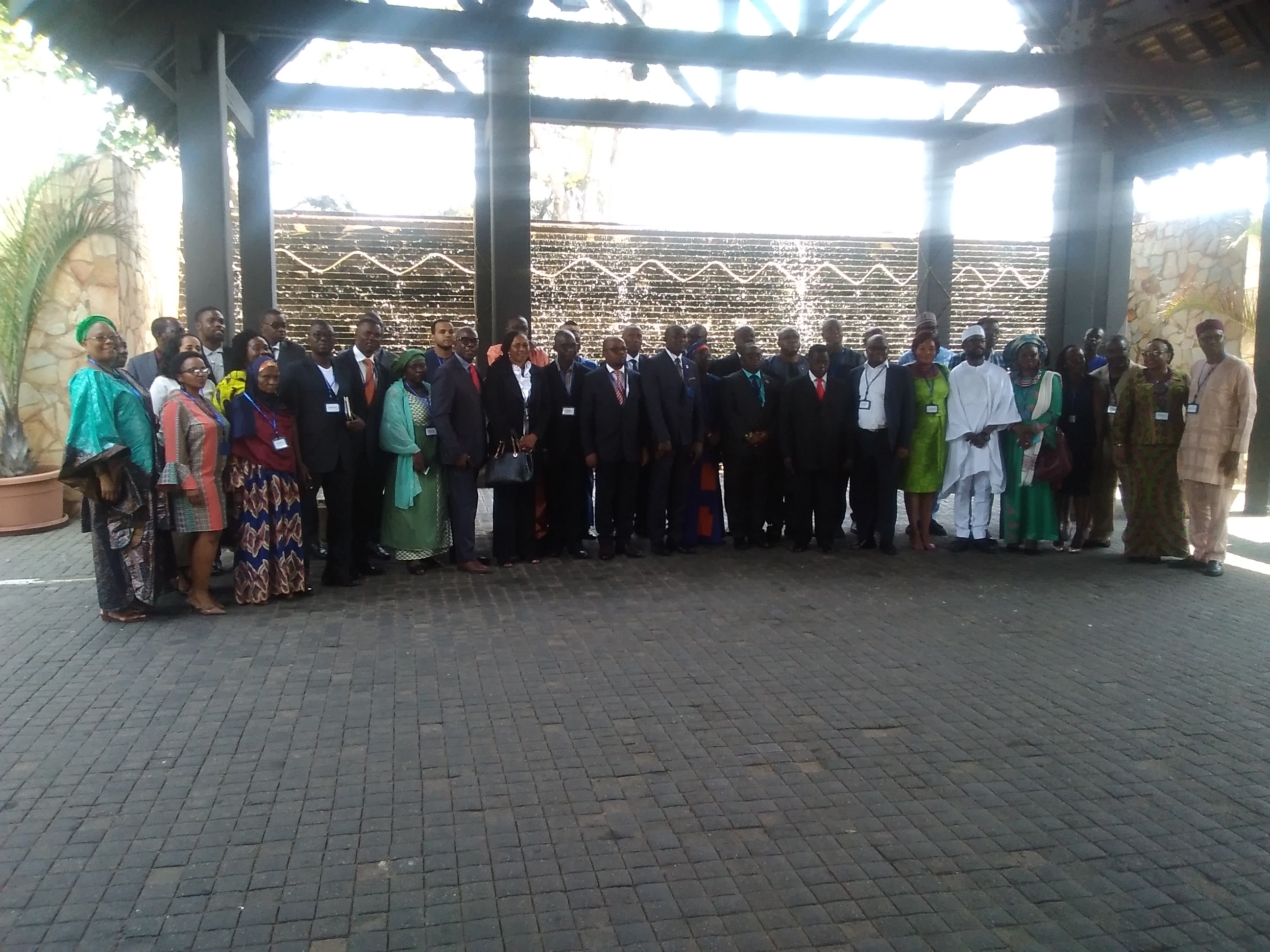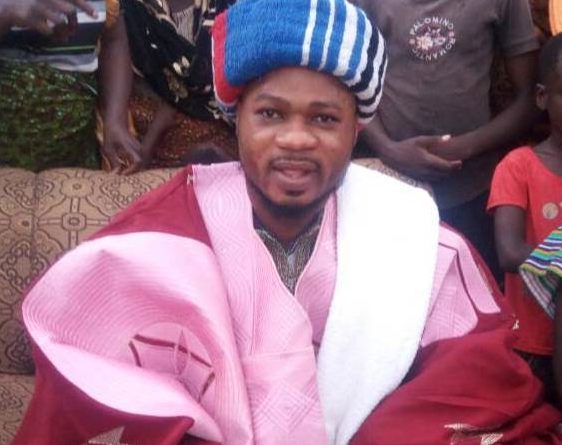AU Transitional Justice Policy To Be Well Popularized

The African Union Commission (AUC) and the Africa Transitional Justice Legacy Fund (ATJLF), have held a two-day meeting in Accra to begin the popularization of the African Union (AU) transitional justice policy (AUTJ) in Africans.
The meeting which is the first of a series of regional meetings to disseminate the AUTJP is to promote the effective implementation of the Policy in the region. Mr.
William Kpobi, Chief State Attorney who represented Ghana’s Attorney-General to open the meeting described the AU transitional justice policy as a Nobel idea since it has a principle of achieving peace within the context of African Union in transitional periods in the various member states. According to him, “such transitional periods, the issue that comes up is whether to break with the past and start anew or to embody the past in the new in an acceptable or revolutionary manner. Abuses of the past cannot be wished away. It must be confronted and dealt with to bring peace and harmony. It is only by so doing that the way forward can be peaceful.”
Mr. William Kpobi also averred that transitional matters if we’ll handled, will lead to a smooth implementation of good governance but if not well managed and abused will lead to anarchy.
He said the meeting will ensure that the AU transitional justice policy becomes more visible as members find ways to make it popular thereby sensitising the whole of Africa for its successful implementation.
He said: “Ghana has experienced several of such transitional periods and I am happy to say that in all, the good people of Ghana succeeded in charting the path of peace,” pointing out that all the Constitutions of Ghana promulgated after 1966 have the transitional provisions which seek to bridge the gap between the old and the new regime, even though it was not reconciliatory in nature.
He averred that in 2002 Parliament passed the National Reconciliation Commission Act, Act 611 which was implemented to recommend appropriate redress for persons who have suffered any injury, hurt, damage, grievance or have been adversely affected by violations and Abuses of their human rights arising from activities or inactivity of public institutions during the past regime.
Mr. William Kpobi mentioned that it was in that conformity that the objective of the AUJTP was set up to achieve for the whole of Africa, stressing that the meeting which will discuss various areas of concern will ensure coherence on transitional justice interventions across Africa.
Also, Mr John Ikubaje, Senior Political Officer at the Human Rights and Transitional Justice of the Department of Political Affairs of the AU, who welcomed participants on behalf of the AU Commissioner for Political Affairs, H. E. Amb. Minta Samate Cessouma, pointed out that there is the need to redirect efforts towards the popularization of the policy, effective domestication of the policy and close monitoring and evaluation of the results of its implementation in conflict prevention, management and resolution a cross the African continent.
“As we argued elsewhere, an adopted Policy is a mere piece of paper if the provisions and the guidelines are not domesticated and implemented accordingly,” he said.
He noted that building on the well-developed and expensive normative framework on the promotion and protection of human and people’s rights by the AU, their task is also to bridge the gap between the norms and their actual implementation by all 55 member states.
“This undoubtedly calls for a conscious and concerted effort on our part to breathe life into the AUJTP. This is our charge, and we must therefore ensure it is implemented,” he said. John Ikubaje also urged the importance of the AUTJP in resizing the lofty ambitions of Agenda 2063.
He said: “The essence of this gathering is particularly relevant to realizing Aspirations 3 and 4 of that Agenda. Aspiration 3 envisions a democratically governed Africa, which respects justice, constitutionalism, Rule of law and the promotion of human and peoples’ rights as core values.”
He explained that Aspiration 4 also envisioned a peaceful and secure Africa, adding that the importance of a peaceful and secure Africa can never be over emphasized hence, must never be lost to the people of Africa.
The meeting was made possible with support from the MacArthur Foundation. Key government and civil society representatives from all Member States in West Africa participated.
At the end of the meeting, participants have a better understanding of the AUTJ policy and positioned to proffer context-specific solutions to countries in conflict and those transitioning from conflicts and dictatorships in the region.
The AU Transitional Justice Policy (AUTJP)
The AUTJP is conceived as a continental guideline for African Union (AU) Member States to develop their own context-specific comprehensive policies, strategies and programmes towards democratic and socio-economic transformation, and achieving sustainable peace, justice, reconciliation, social cohesion and healing.
It was established that African societies with legacies of violent conflicts and systemic or gross violations of human and peoples’ rights face peculiar challenges in respect of their pursuit of these objectives.
The TJP is meant to assist AU Member States to address these objectives in an integrated and sustainable manner.
The AUTJP is an African model and mechanism for dealing with not only the legacies of conflicts and violations, but also governance deficits and developmental challenges with a view to advancing the noble goals of the AU’s Agenda 2063, The Africa We Want.
African societies have been dealing with transitional processes for many decades in their quest to come to terms with the traumas of slavery, colonialism, apartheid, systematic repression and civil wars.
Since the 1990s, transitional justice (TJ) processes have been implemented in a number of African countries as they seek to address the legacies of violent conflicts and/or periods characterized by systemic or gross violations of human and peoples’ rights.
By PROSPER AGBENYEGA


